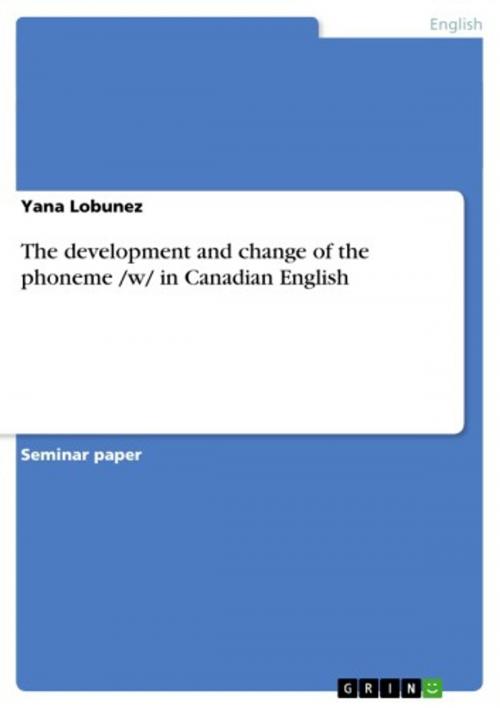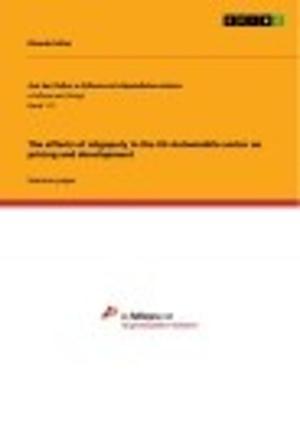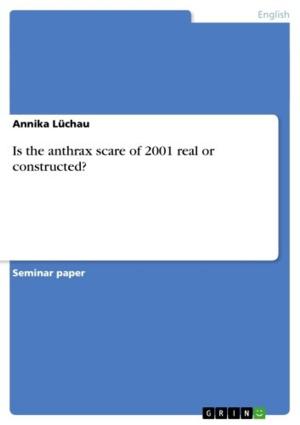The development and change of the phoneme /w/ in Canadian English
Nonfiction, Entertainment, Drama, Anthologies| Author: | Yana Lobunez | ISBN: | 9783640387038 |
| Publisher: | GRIN Publishing | Publication: | July 29, 2009 |
| Imprint: | GRIN Publishing | Language: | English |
| Author: | Yana Lobunez |
| ISBN: | 9783640387038 |
| Publisher: | GRIN Publishing |
| Publication: | July 29, 2009 |
| Imprint: | GRIN Publishing |
| Language: | English |
Seminar paper from the year 2008 in the subject English Language and Literature Studies - Linguistics, grade: good, Christian-Albrechts-University of Kiel (Applied Linguistics), course: Language Variation and Change, language: English, abstract: From the point of view of a continental standard, Canadian English exhibits remarkable phonetic patterns. This term paper demonstrates the development and change of the phoneme /w/ in Canadian English following the research by Chambers. This paper will begin by taking a quick look at the historical development of the phoneme. The phoneme /w/ has several realizations in various dialects of English. Canada is one of the countries where the allophone [hw] has been rather persistent. Nevertheless, /hw/-pronunciation has been disappearing there over the years. I try to indicate how the phoneme is changing recently illustrating this with case studies whenever possible. The age, social classes of subjects as well as the regions of Canada are especially relevant for the given description.
Seminar paper from the year 2008 in the subject English Language and Literature Studies - Linguistics, grade: good, Christian-Albrechts-University of Kiel (Applied Linguistics), course: Language Variation and Change, language: English, abstract: From the point of view of a continental standard, Canadian English exhibits remarkable phonetic patterns. This term paper demonstrates the development and change of the phoneme /w/ in Canadian English following the research by Chambers. This paper will begin by taking a quick look at the historical development of the phoneme. The phoneme /w/ has several realizations in various dialects of English. Canada is one of the countries where the allophone [hw] has been rather persistent. Nevertheless, /hw/-pronunciation has been disappearing there over the years. I try to indicate how the phoneme is changing recently illustrating this with case studies whenever possible. The age, social classes of subjects as well as the regions of Canada are especially relevant for the given description.















